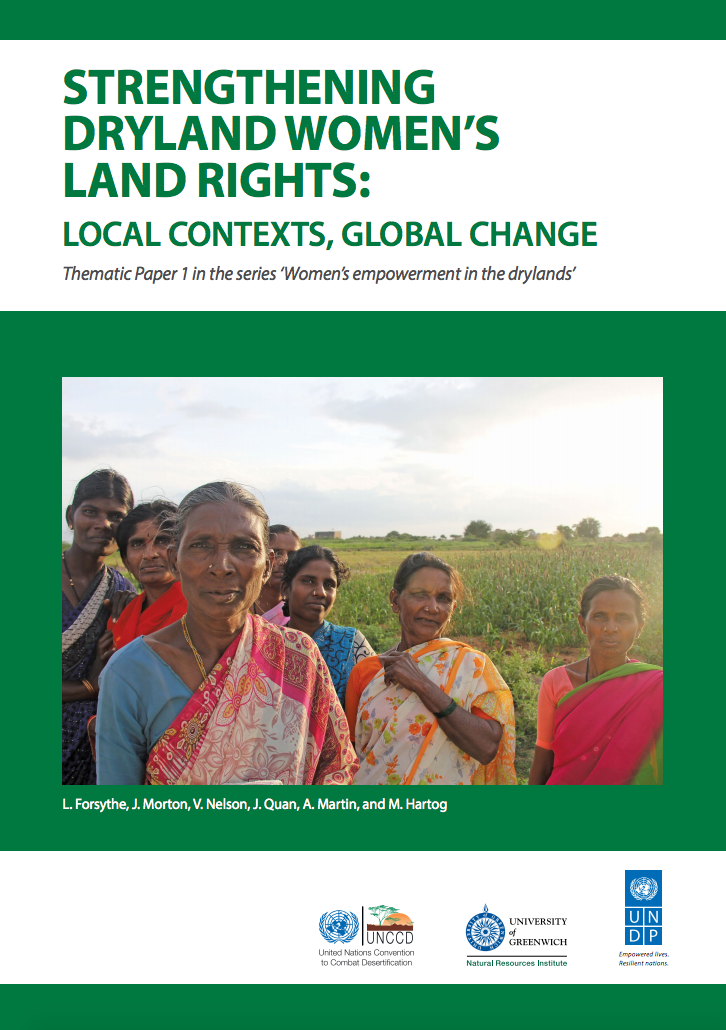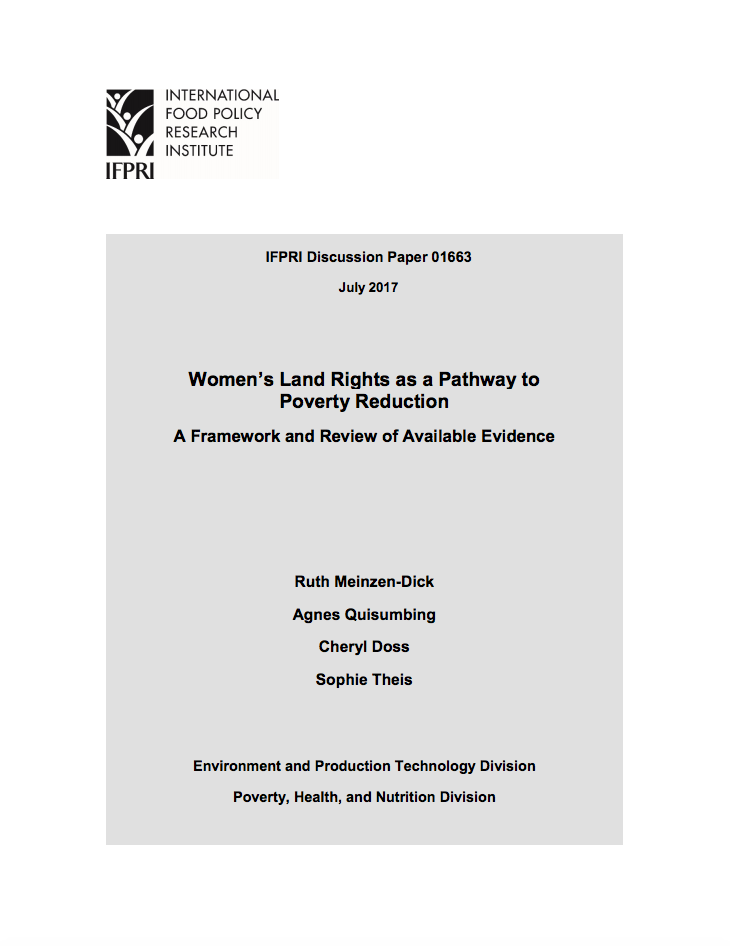Gender inequalities in access to and benefits derived from natural fisheries in The Barotse Floodplain, Western Province, Zambia
BarotseFloodplain, Western Province of Zambia
•Multiple demographic, socioeconomic and climatic challenges and vulnerabilities
•Variety of livelihood opportunities: flood –provide fish & aquatic plants; water subside –fertile ground to cultivate crops
•Cattle, forest products, fish trade, piecework




